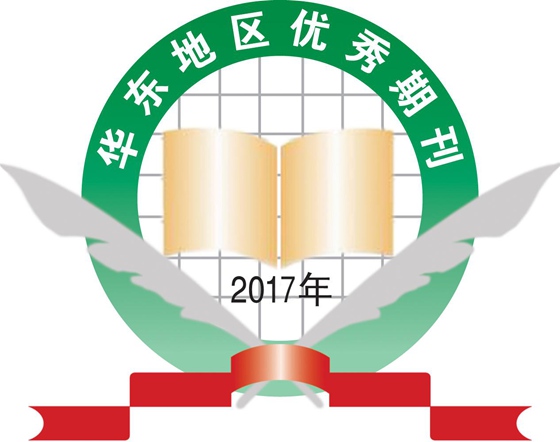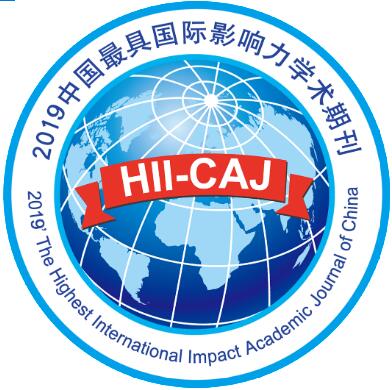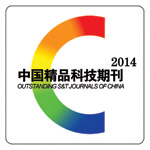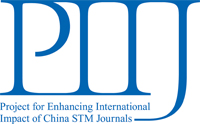Objective
To investigate the effects of antipyretic and purgative herbs on intestinal mucosal barrier and inflammatory response in the treatment of acute cholangitis.
Methods
Sixty SD rats were randomly divided into group A (untreated group, acute cholangitis was induced, n=20), group B (treatment group, acute cholangitis was induced and treated with antipyretic and purgative herbs, n=20) and group C (sham operation group, n=20). At the third or fifth day after operation, the rats were sacrificed and sampled. The serum endotoxin, cytokines and inflammatory mediators were tested and the numbers of labeled bacteria in the liver, spleen and mesenteric lymph nodes translocated from the gut were assayed.
Results
As compared with group A, the serum content of endotoxin, IL-6, IL-8, TNF-α, CRP and NO was significantly lower and that of IL-2 was significantly higher, and the translocated numbers of labeled bacteria from gut were reduced in both group B and group C(P<0.01).
Conclusion
Antipyretic and purgative herbs can play therapeutic roles in the treatment of acute biliary tract infections, including the protection of intestinal mucosal barrier from bacterial translocation, reduction of serum endotoxin content and regulation of inflammatory response.
 Table of Content
Table of Content














